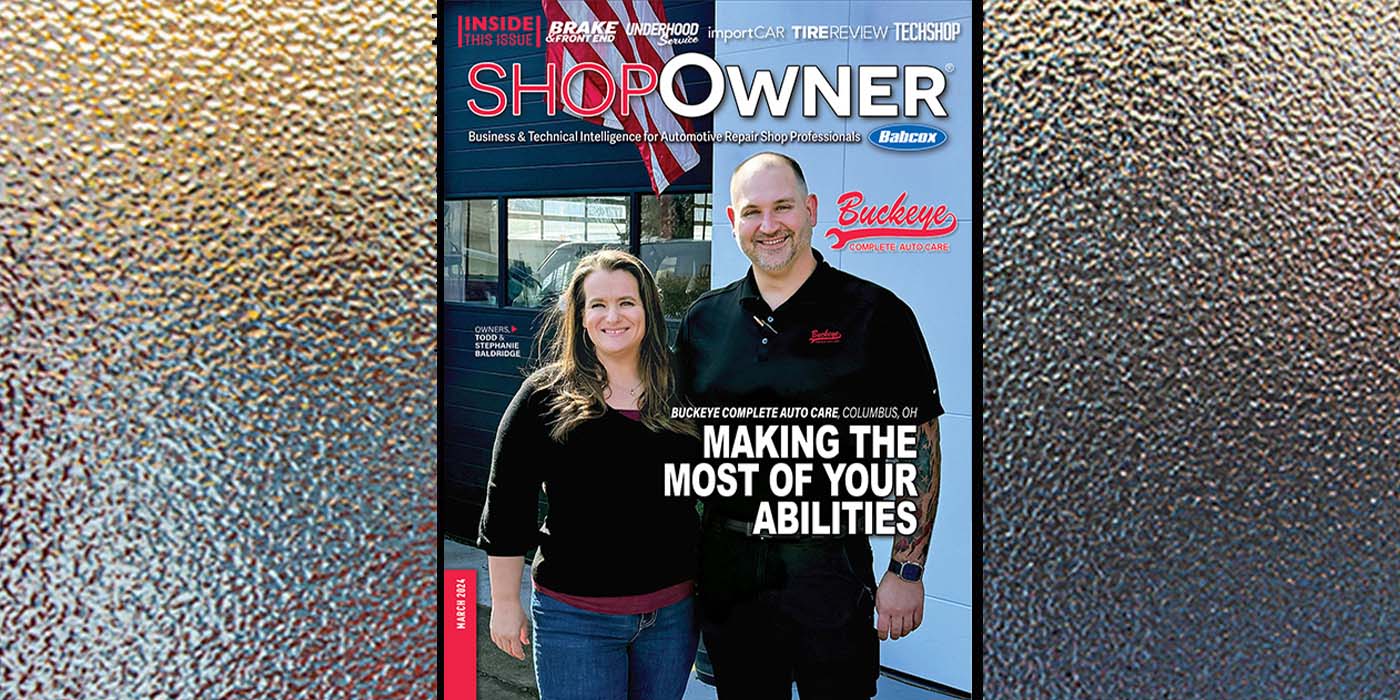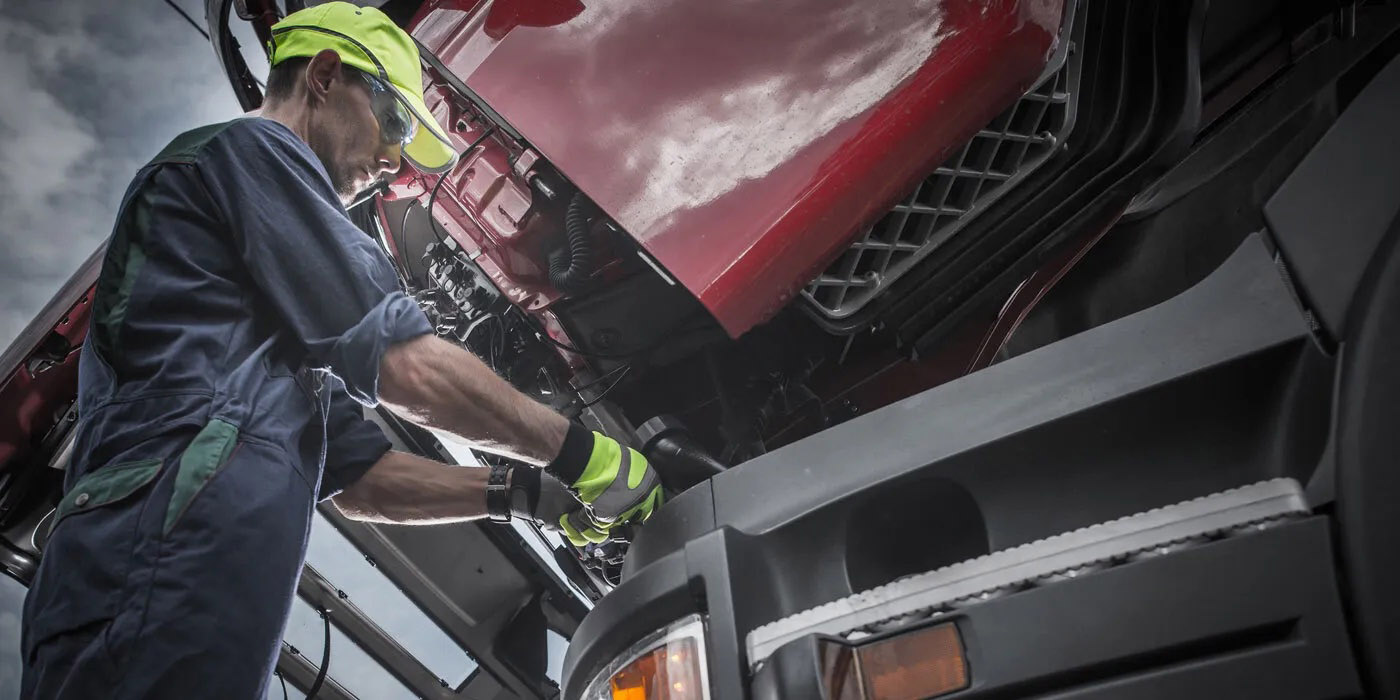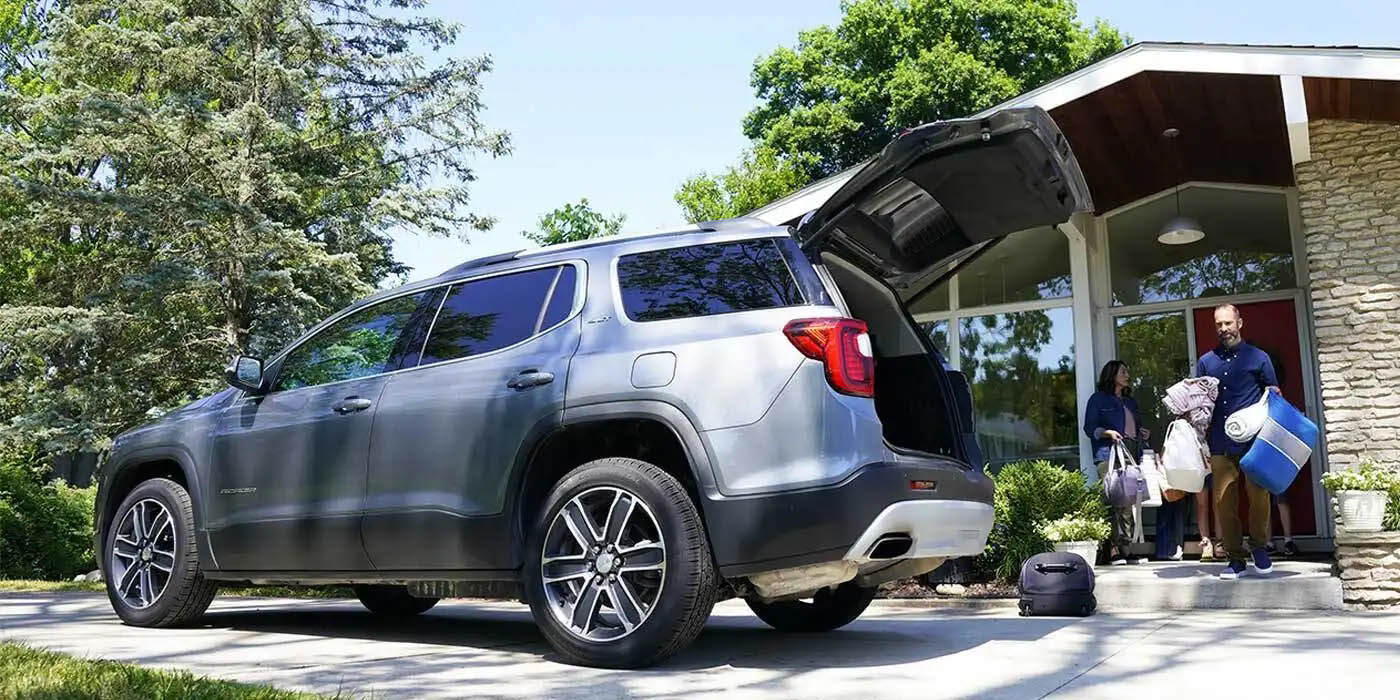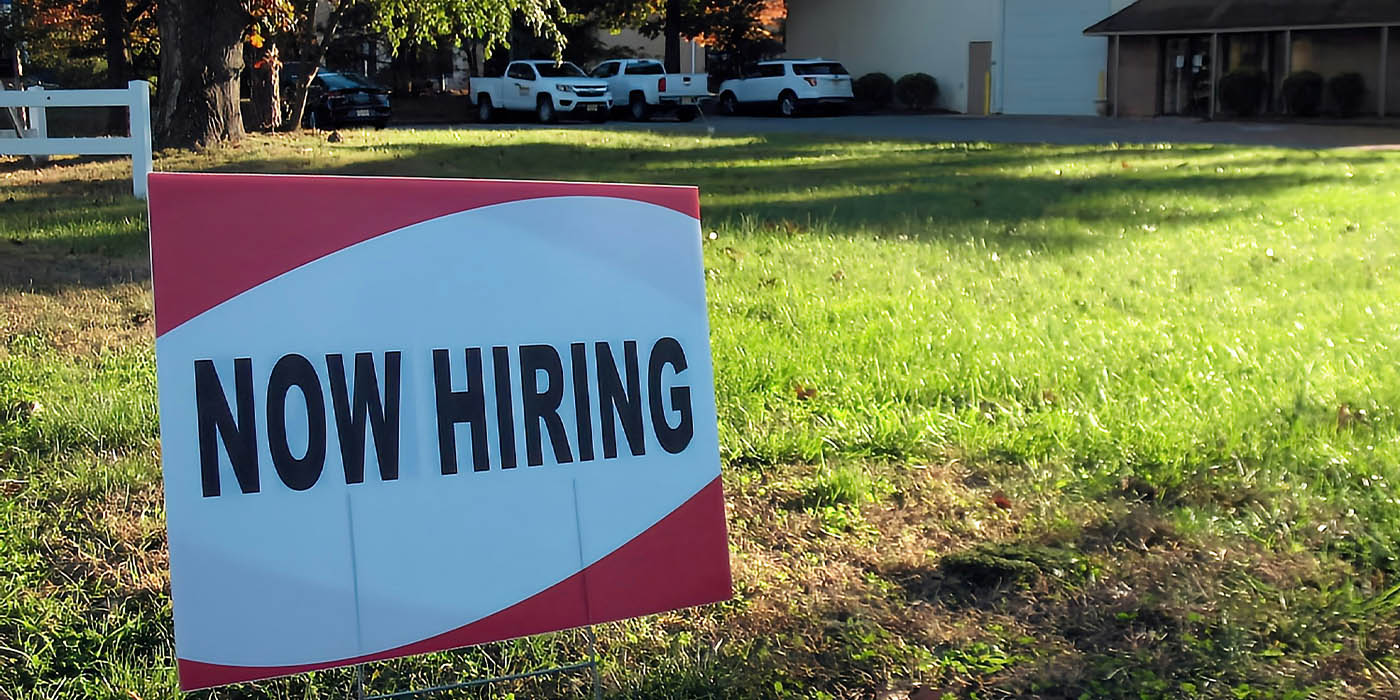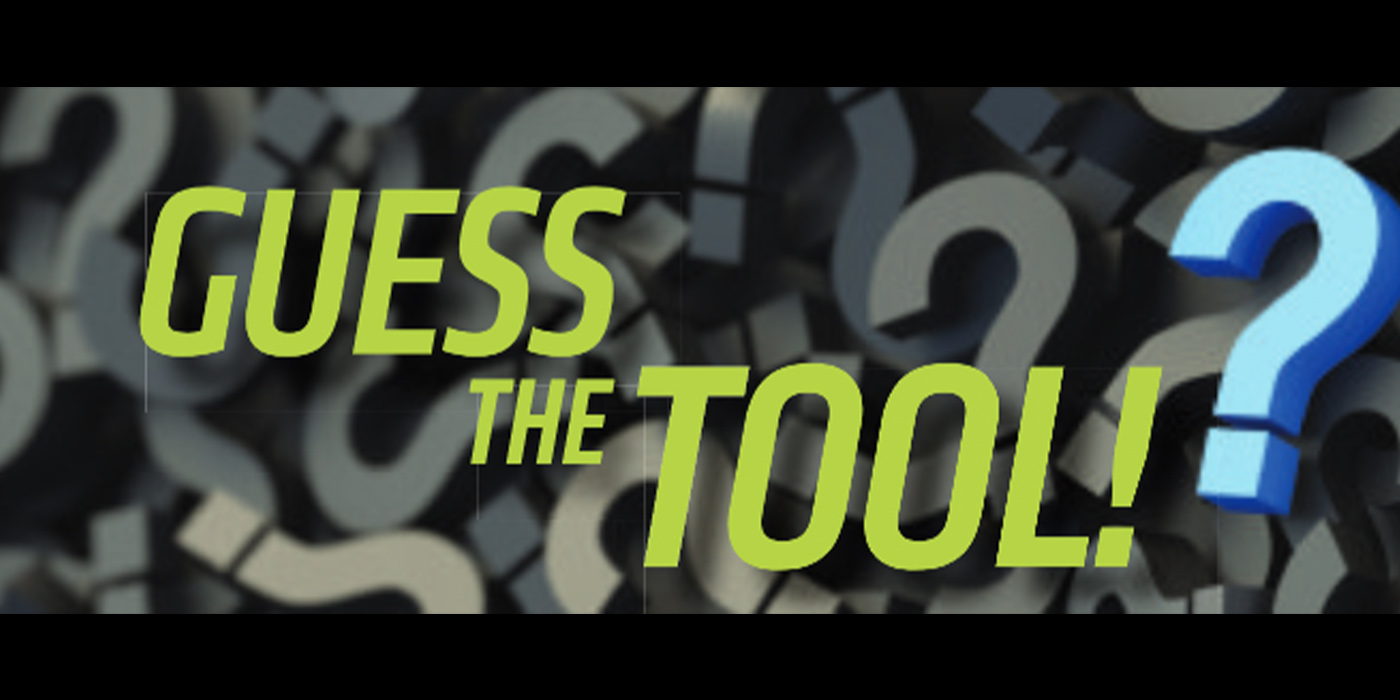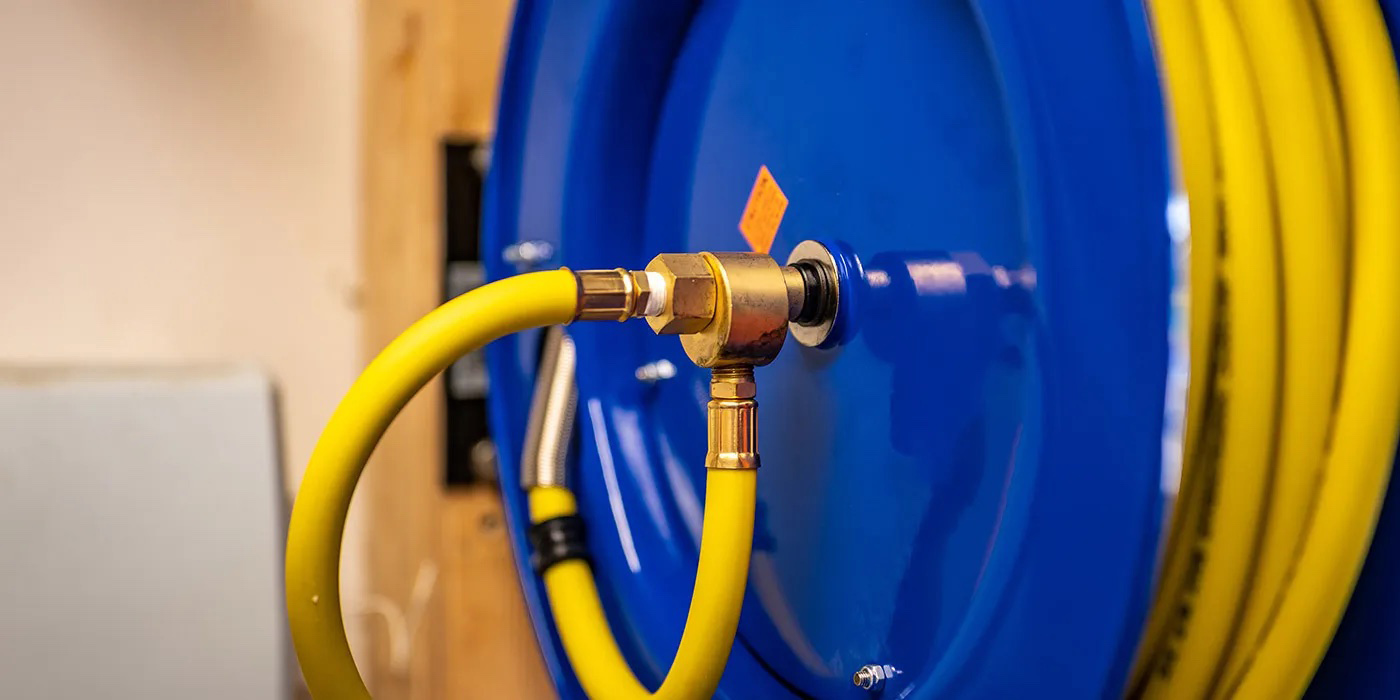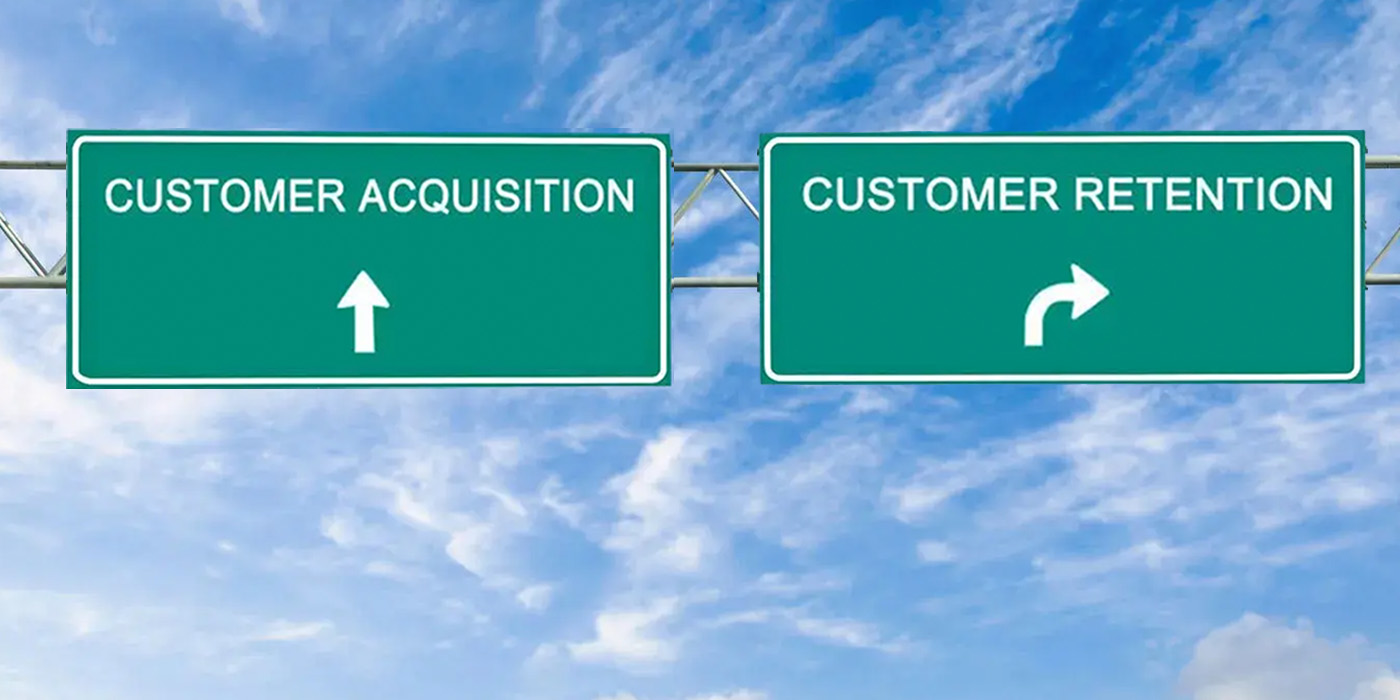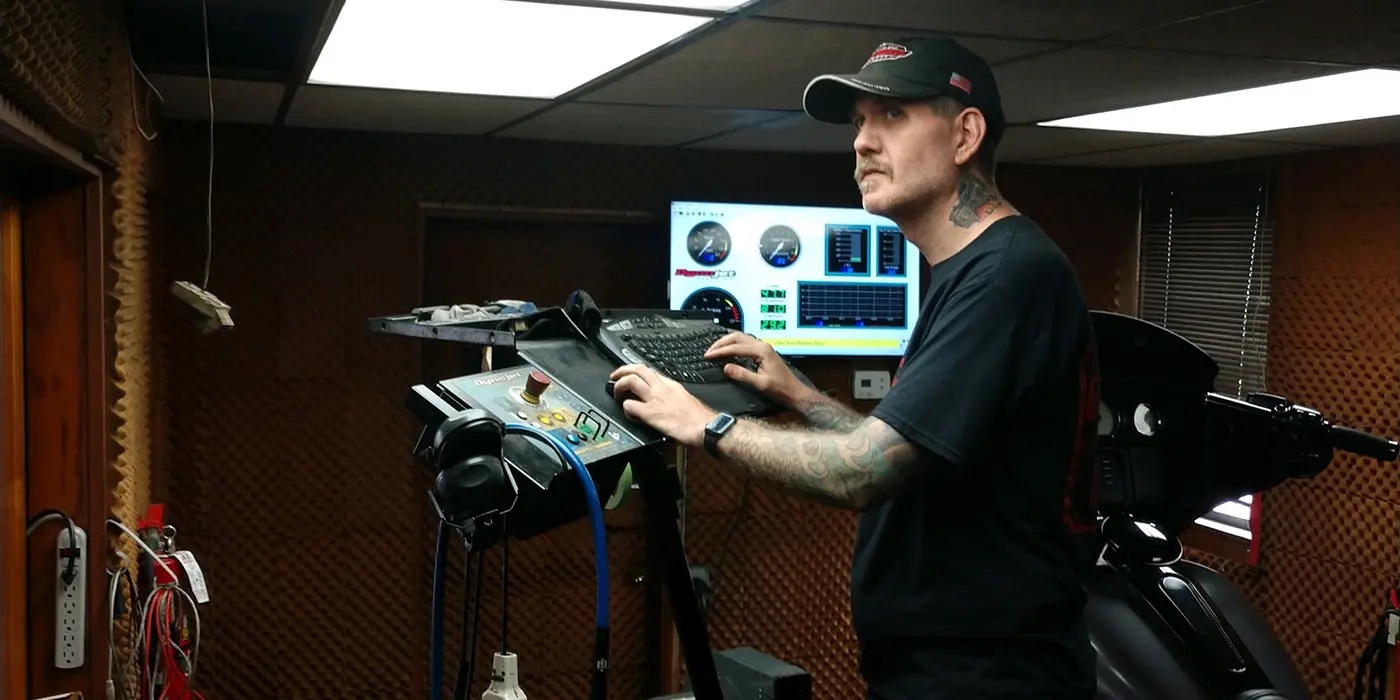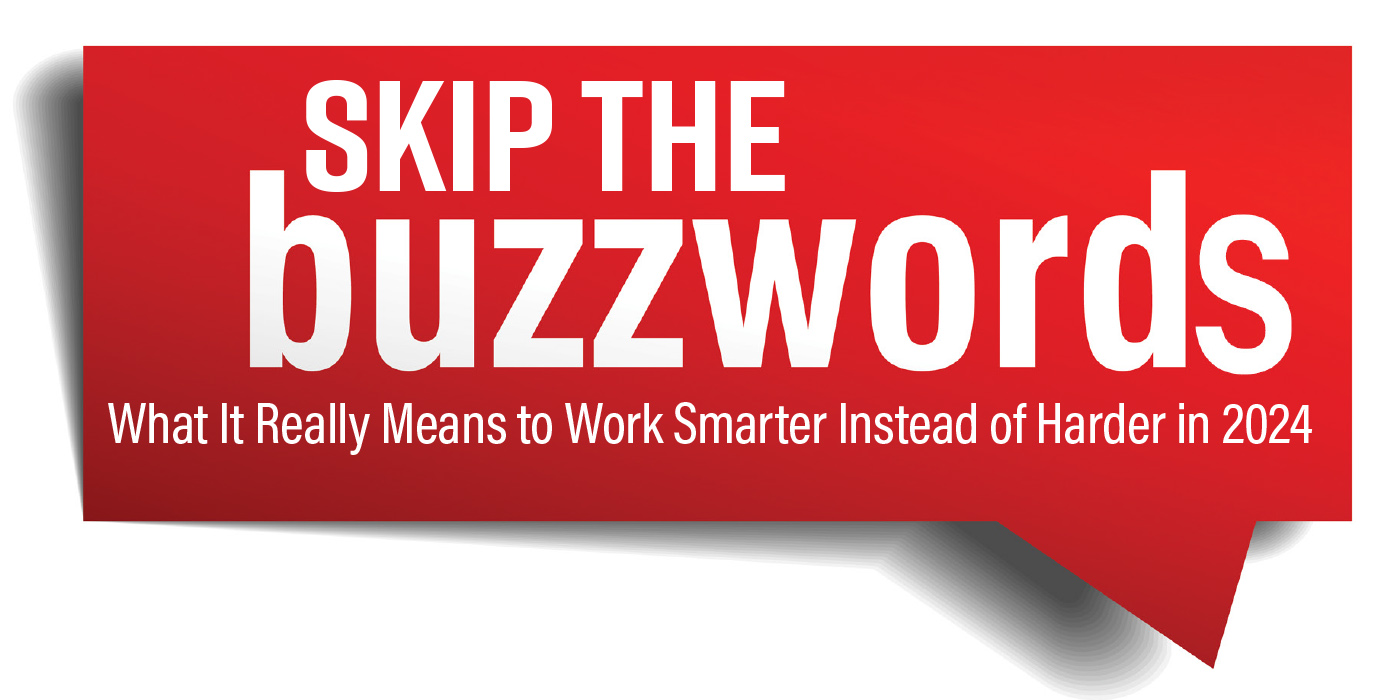You’ve worked hard to keep your business running. The last thing you need to worry about is an incident ending your business because you can’t afford to pick up the pieces.
Reviewing your insurance plans about once a year is a good way to make sure you’re prepared to handle virtually any incident. To help you with a review, or as you shop for new coverage, we spoke with automotive insurance experts for advice on how you can make sure your business is covered.
Property
“The biggest mistake often made by small business owners is not taking the time to do a thorough review of their current program. Fully understanding what coverages are being provided and what loss exposures they are choosing to self-insure is critical,” says Chris Wall, vice president and director of marketing service and support for Federated Insurance.
Basic coverage needs for all tire dealers includes property, liability, and workers compensation. Additional coverage is often based on the dealer’s circumstances – meaning Steve’s Tire in Tennessee won’t have the same coverage needs as Joe’s Tire in California.
“The key with any customized insurance program is ensuring that it is designed to fit the specific tire dealer’s needs and reflect the level of risk the company is willing to accept,” Wall says. “A claims denial letter is the wrong time to find out something could have been covered but wasn’t.”
Bruce Lockhart, senior vice president for Dawson Insurance’s Akron, Ohio, division, says the first primary exposure is property coverage, which includes covering building, inventory, replacement cost of equipment and loss of business income.
Lockhart says another mistake businesses make when purchasing insurance is undervaluing the business’s personal property and opting for less expensive coverage.
“If you are buying tools or equipment second hand that doesn’t necessarily mean you can replace that equipment for the same cost,” Lockhart says. “It may not be available out there. Maybe you are buying a tire changer for $3,000 from garage that went bankrupt or a secondary equipment supplier and you have a fire or a flood in that particular building and that tire changer is gone. It may well cost you $6,000 to replace it with something of that kind of quality.”
To keep track of what the replacement costs could be, make sure you keep track of costs and estimate replacement values of your equipment and your business’ property.
Lockhart adds that depending on where you build or buy a building, the replacement value to rebuild from the ground up could be three to six times more than what you actually paid for the building.
Liability
Liability coverage that covers both your own property as well as customer vehicles and possessions on your proerty, is crucial, our experts say. Garage keeper’s liability coverage includes coverage for operation of a customer’s auto, while general liability does not unless that is written in.
“General liability coverage has to be endorsed to include operation of a customer auto and that’s kind of important for a service shop,” Lockhart says. “A lot of carriers just write garage liability coverage, which includes that exposure of driving customer vehicles. That covers customer vehicles while on your premises or damage to a customer vehicle if you are for some reason driving it.”
Under garage keeper’s liability, coverage can also vary and it is important to decide how much coverage your business needs and is willing to pay for.
Direct primary coverage will allow your business to be covered for any claim on a customer’s auto, regardless if you are legally liable, but that will be more expensive, Lockhart notes. Legal liability basis is less expensive and will cover claims for which your business is legally liable. Claims that you are not legally liable for will be handled by the customer’s insurance.
Workers Comp
Most employers are mandated by law to have workers compensation coverage, but just because you are covered doesn’t mean you have a proper plan to help cover worker-related losses.
If you live in a monopolistic workers compensation state such as Ohio, Wyoming, Washington or North Dakota, your business must buy workers compensation coverage from the state. However, that coverage will not include employer’s liability coverage, which covers the employer in a workers compensation claim resulting from poor working conditions or practices.
If you do not live in a monopolistic state, employer’s liability is written into your regular worker’s compensation plan. If you reside in one of the five monopolistic states, you will have to seek another insurance provider to write that coverage into your general liability coverage, Lockhart says.
Federated Insurance’s Wall suggests trying to manage potential workers compensation risks before they occur.
“By proactively implementing a plan to help manage the risk of future workers compensation claims, tire dealers may be able to bring value to their bottom line through reduced insurance costs. The business owner then has the flexibility to utilize these savings elsewhere in the company,” Wall says.
Gerry Cecil, vice president of sales and marketing for Arrowhead Automotive Aftermarket, recommends keeping an updated employee handbook that outlines policies and procedures, as well as holding regular safety meetings to educate employees on safe practices.
Little-Known Risks
Even if your shop is properly handling hazardous waste, you can still be liable for pollution after a waste disposal service takes waste from your shop. If something goes wrong, the shipping manifest, the document that records where the pollutant was picked up, can point the EPA to name your business as a potentially responsible party.
“You also have to be concerned where that pollutant is ultimately held or disposed of. Those facilities themselves can become compromised, and as a result the shop owner could find himself on the receiving end of a notice as a potentially responsible party,” Cecil says.
“They are also responsible if that facility is compromised and adjoining properties are affected,” he adds.
Liability isn’t just a part of the physical world; it also expands to the digital world. Cyber liability is a growing concern as a business can be held responsible for customer credit card and personal information being accessed through a breach in a shop’s computer systems.
Adding another type of insurance may be seen as another unwanted cost, but Cecil notes that compared to the cost to restore credit or monitor credit for the customers affected, the cost in terms of premium is rather modest.
Keeping Costs Down
“Business owners are no different than anyone else,” says Cecil. ”You make decisions based on what you know, what you think you know, what you understand and typically, they make these kinds of decisions based upon price.”
The cost of business insurance is one of the Top 10 Tire Dealer Concerns, according to Tire Review’s 2015 Tire Market Profile.
Cecil suggests that for a better outcome, tire dealers buy insurance the way they sell, meaning if you believe in selling tires based upon quality, performance, reliability and value, you should buy insurance to those same standards.
Dawson Insurance’s Lockhart says looking at a floater policy is a good way to insure an expensive piece of equipment so it doesn’t eat up other coverage. This could cover off-site portable tire changers, employee-owned tools used on the premises and automotive coverage.
Wall says depending on the individual business’ situation, increasing deductibles is another way to save on premiums.
“For example, it doesn’t make sense for a business to have a $500 deductible if it wouldn’t turn in a $750 building repair claim. Raising the property deductible to $1,000 or $2,500 can save money upfront,” Wall notes.
Like with workers’ compensation risks, making sure to manage all risks in general is also important, as managing risks before problems happen will keep insurance costs down.
“Solid risk management, coupled with a history of minimal claims, can lead to more aggressive pricing from insurance carriers. A solid risk management culture starts at the top. Business owners and managers must make a conscious effort to ensure their employees support a risk management culture,” Wall adds.
Arrowhead’s Cecil notes that not paying attention to the need for catastrophic coverage versus the small nickel and dime deals, which are often paid out of pocket and subject to deductible, can cause major loss.
“Why not take the large deductible – continue to pay small claims out of pocket and put in controls and processes to avoid claims of any consequence – and accumulate a premium savings without putting your business in jeopardy in the event of a major loss,” Cecil says.
Article courtesy TIRE REVIEW.

